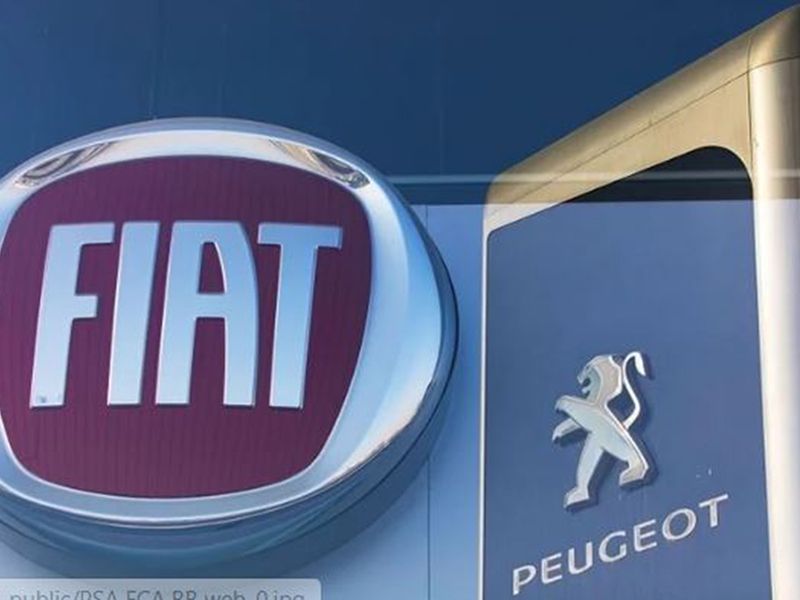
Merger talks between Fiat Chrysler Automobiles and France’s PSA Group were defined by a series of starts and stops before the boards of both companies gave a mandate to senior management teams in October to finalize discussions and reach a binding memorandum of understanding, according to a regulatory filing late Friday.
The preliminary prospectus filed with the Securities and Exchange Commission reveals that talks between the companies were halted twice, once when FCA proposed a merger with Groupe Renault in May 2019 and again three months later when there was a disagreement between the automakers on the amount of the pre-merger distribution to FCA’s shareholders.
The filing sheds light on the timeline of the merger saga.
During the third and fourth quarters of 2018, the filing said PSA and FCA executives had “several interactions” regarding limited cooperation, projects that are common in the auto industry and usually limited to certain vehicle models or powertrains.
Then in Dec. 2018, PSA CEO Carlos Tavares invited FCA CEO Mike Manley to a meeting to discuss a combination during the Geneva International Motor Show the following March, which Manley agreed to attend. The two would meet ahead of the Switzerland event on March 4 to “review potential cooperation programs previously identified by the parties” and discuss “a potential business combination between the companies and how to assess the potential synergies resulting from such business combination,” the filing says.
The companies entered into a confidentiality agreement in April 2019 for the exchange of information in connection with a potential business combination and continued discussions about the benefits of a merger during meetings in Detroit and Paris.
Talks ceased May 27, 2019, when FCA proposed a 50/50 merger with Renault, but FCA withdrew the proposal soon after on June 6. Tavares contacted Manley the same day with a proposition to restart merger discussions. Tavares had developed a camaraderie with Manley that can be traced back to when they met around 10 years ago when Tavares was at Nissan.
The courting process was resurrected over the summer with PSA presenting a new offer to FCA, but talks again came to a halt in August over FCA’s pre-merger shareholder distribution.
Tavares and Manley would meet again during the Frankfurt auto show a month later, where they spoke about the termination of the merger negotiations. Tavares, the filing said, invited Manley to visit PSA’s proving ground to test PSA’s electrified vehicles.
The meeting at PSA would happen a few weeks later on Oct. 11, where Tavares expressed a willingness to restart merger talks. The filing said they went over the framework for restarting negotiations, which in the first stage would only involve PSA’s financial advisor, Messier Maris & Associés, and Goldman Sachs. Following the meeting, the filing said Manley confirmed that FCA Chairman John Elkann was in agreement with the proposed merger process.
Goldman Sachs and MMA would hammer out the details about a “potential increase of the amounts of the respective pre-merger distributions by PSA and FCA to their shareholders and the governance structure of the combined group.”
Elkann and Tavares met in France on Oct. 27, agreeing to the terms of the merger of equals. It was then announced on Oct. 31 that the boards of the two companies had given the go-ahead to pursue a memorandum of understanding. The companies entered into a binding combination agreement on the night of Dec. 17, the filing said.
News of the merger came during a hectic time for FCA, just as the automaker was finalizing a new contract with the UAW. Then General Motors delivered a shock just before Thanksgiving with a racketeering lawsuit against FCA, which has since been dismissed by a federal judge. FCA viewed the timing of the lawsuit as a way to disrupt its merger with PSA.
The tie-up will create the fourth-largest automaker in the world, with FCA bringing strength in North America with PSA’s solid footprint in Europe. But the merged unit, if approved, will emerge in a world confronting a pandemic that has disrupted production and sales around the globe.